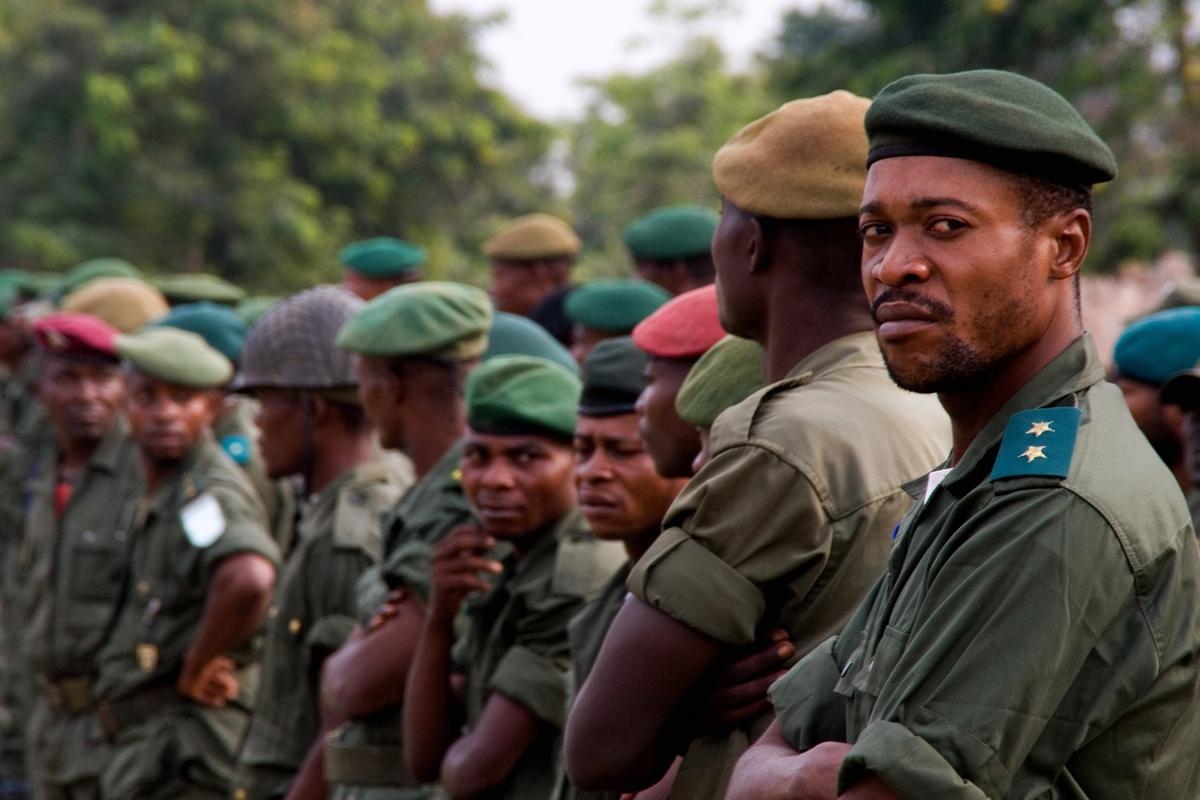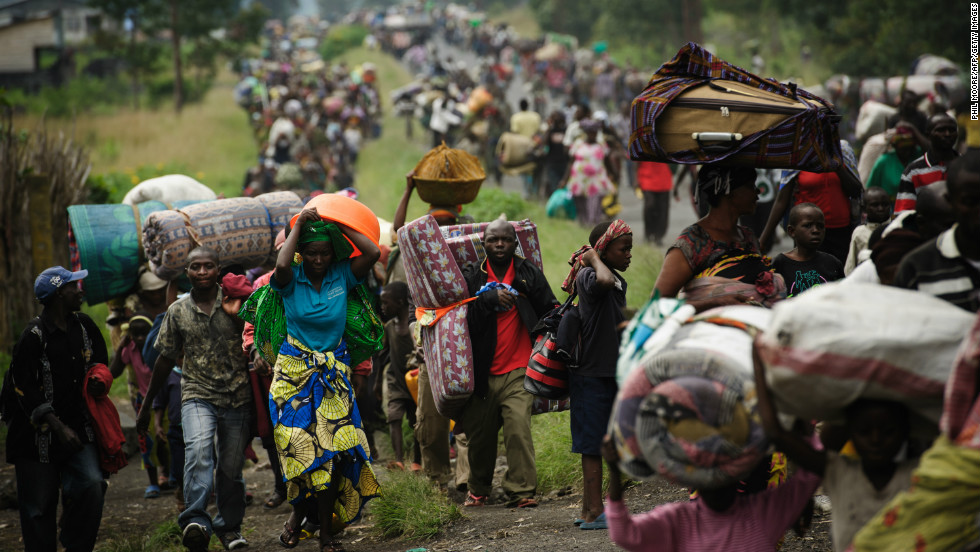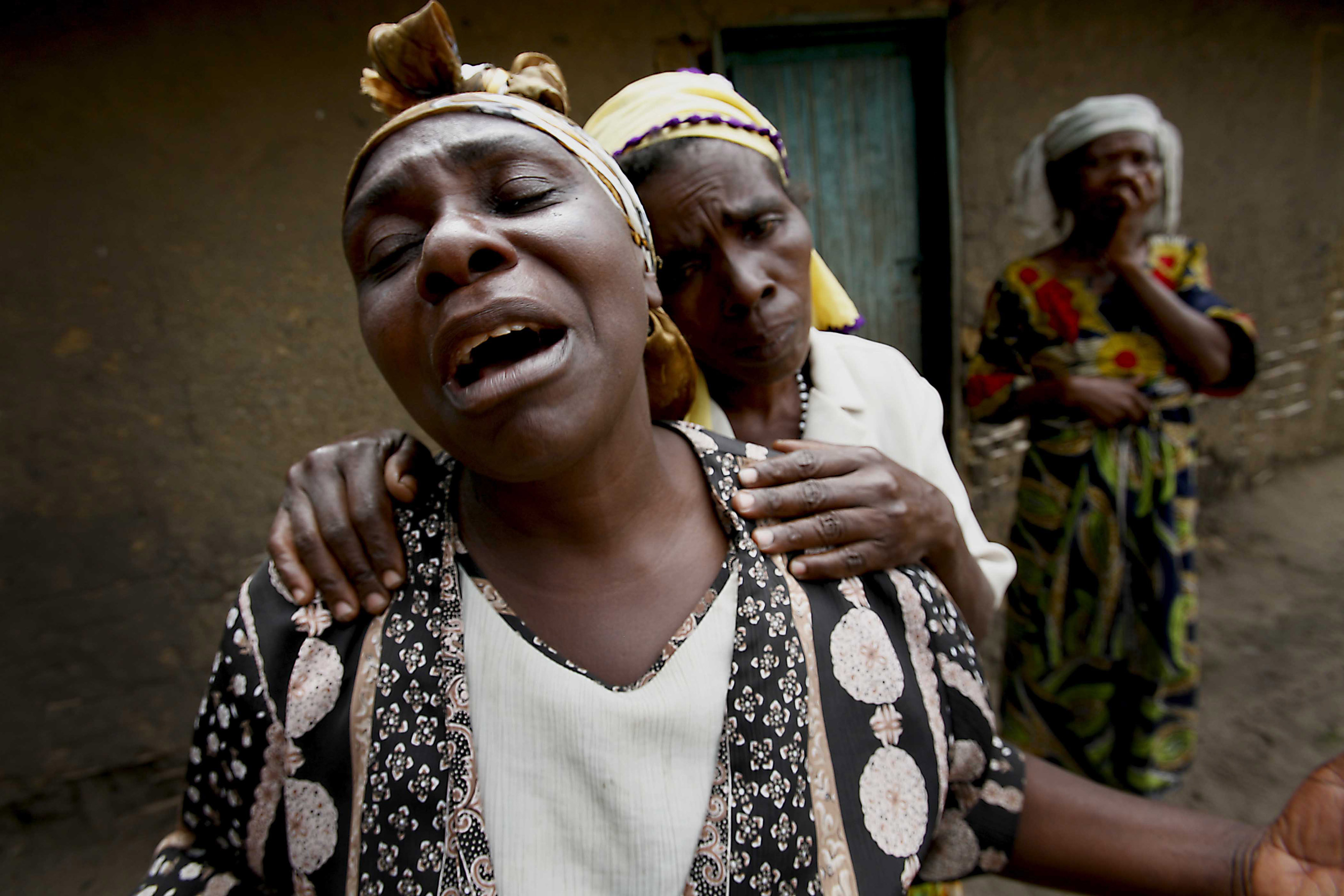
 A African world war in our lifetime that most don't even know about
A African world war in our lifetime that most don't even know about
Wednesday 18th October 2017 | Grace
Everyone has heard of the first and second world wars that ravaged Europe in the first half of the 20th century and most people at least vaguely know what happened in that time. But what the majority of people don’t know about is the first and second Wars of Congo, known by many as the African World Wars, despite happening in our very own lifetime.
After the deaths of 800,000 people in the horrific ethnically motivated Rwandan genocide in 1994, 2 million refugees fled to the nearby country of Congo in a bid to seek safety and justice. When this happened, in 1996 the rebel armies flooded Congo, trying to ‘cleanse’ the country of Rwandans who had escaped there trying to seek safety, thereby causing chaos to the Rwandan population who lived in the country.

This lead to people wanting Rwandans out of the country and caused an uprising, thus, igniting the match that started the first Congo war. By 1997 the current government at the time had been overthrown and the Congo had been changed to the Democratic Republic of Congo (DRC) and the war ended.
However, in 1998, the new President of DRC, Kabila, had gone against Uganda and Rwanda who were giving him support and permitted Hutu people to form armies in the country. This lead to Uganda and Rwanda invading DRC and President Kabila became backed by other surrounded countries.
During this time, seven neighbouring countries became involved in the conflict which saw both physical and psychological devastation being set upon civilians for years. As armies and rebels from each country tried to destroy people fighting in each countries defence.

Civilians bared the brunt of the hatred through the conflict as they struggled through disease, famine, poverty and malnutrition, resulting in the death of 6 million people.
Masses are thought to have died through direct contact with war as they encountered people with weapons who murdered the innocent and destroyed their homes & property. Half of these victims were thought to be children under five and it is estimated that 2 million people fled the country and became refugees in the neighbouring countries.
Sexual violence was particularly prevalent as a weapon and in 2011, The New York Times reported that in Congo rape occurred every minute (and some argue it is still happening), spreading both HIV and Aids as well as bringing with it trauma and hatred.

The war also created many child soldiers, desperate to survive and take a chance in conflict rather than die through starvation.
To add to this, violence was notoriously rife in the east of the country where there were lots of valuable minerals, causing, even more, conflict and destruction to the people trying to flee the problems they had already encountered.
The President of DRC was eventually assassinated in 2002, leading to his son Joseph Kabila taking over. His presidency sought to create new negotiations to end the war. But it is thought by many that the aftermath of war still affects the Democratic Republic of Congo today and the country is still far from peace.
